20 Foods That Offer Even More Iron Than Beef
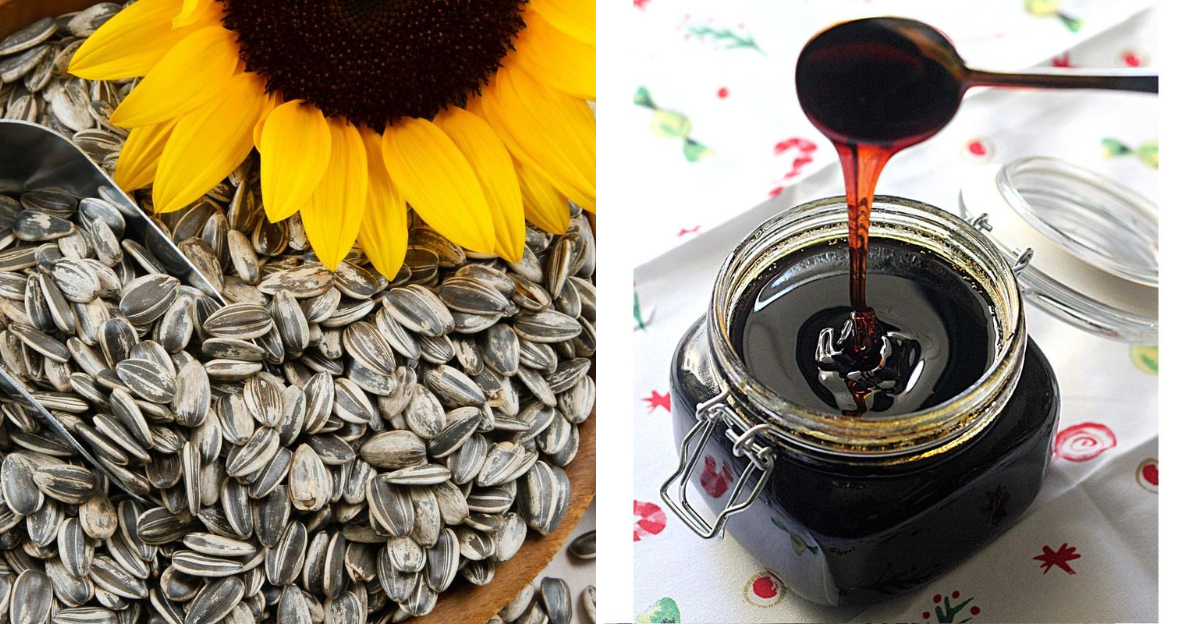
Iron is an essential mineral that plays a vital role in transporting oxygen throughout the body. While beef is often touted as a top source of iron, there are many other foods that pack an even bigger punch. In this blog post, we’ll explore 20 foods that offer more iron than beef, along with their unique benefits and uses.
1. Spirulina
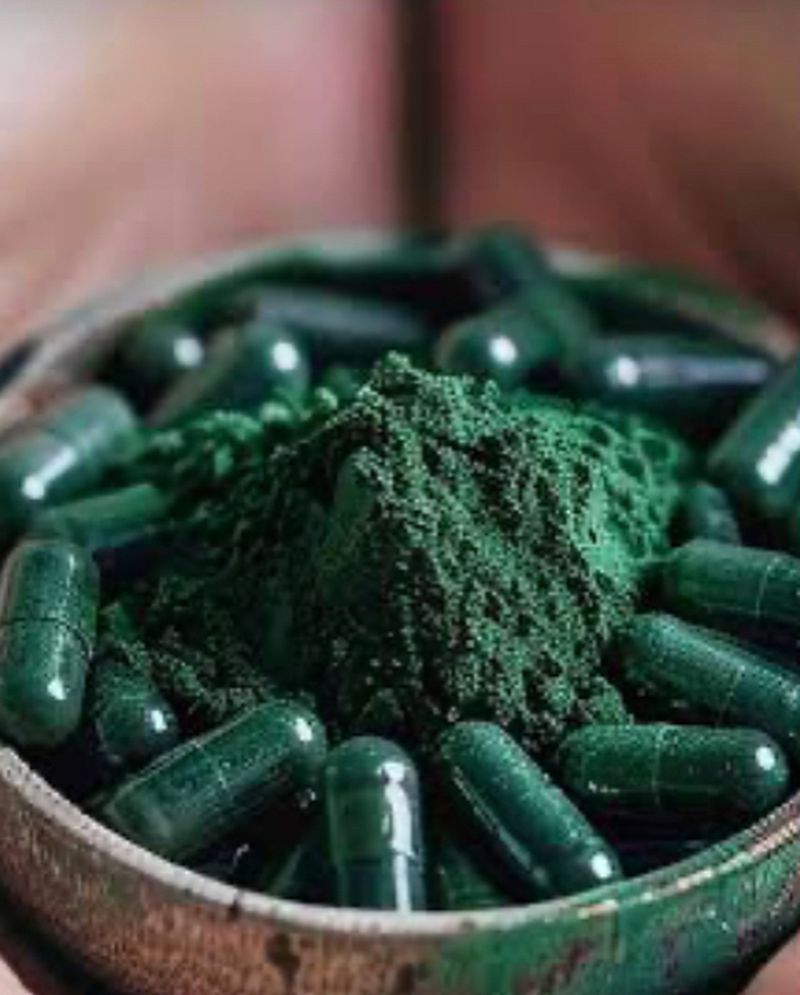
Spirulina, a blue-green algae, is an incredible source of iron. Just a tablespoon provides more iron than a serving of beef. It’s a popular supplement among vegetarians and vegans due to its high protein and nutrient density. Spirulina can be added to smoothies or juices, making it an easy addition to your diet. It’s known for its detoxifying properties and can boost your immune system. Rich in antioxidants, spirulina helps fight inflammation and may improve overall heart health. Try sprinkling spirulina powder on salads or mixing it into your favorite energy bars for a nutritious boost.
2. Pumpkin Seeds
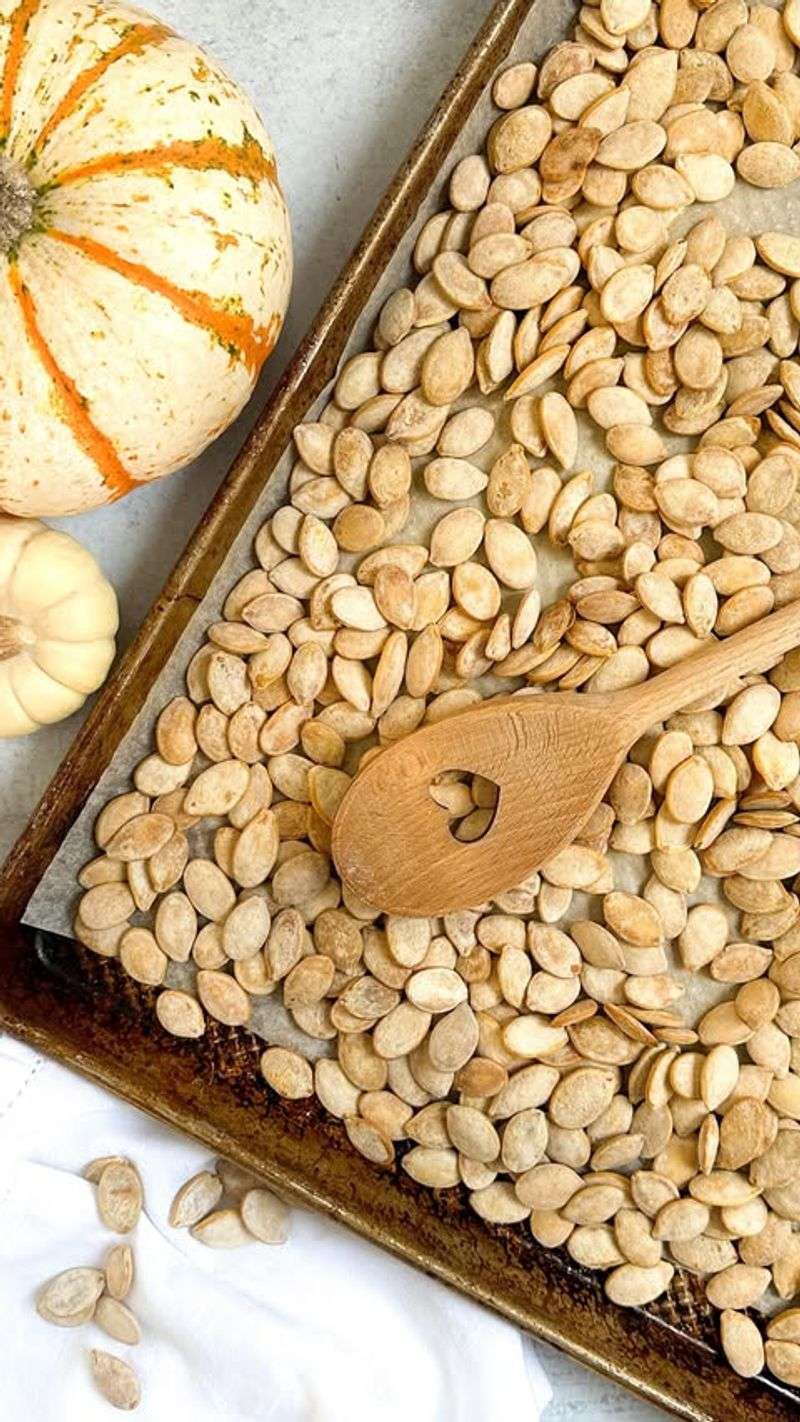
Pumpkin seeds are a tasty and versatile snack loaded with iron. They surpass beef in iron content and are easy to incorporate into your diet. Rich in magnesium, they’re great for heart health and help regulate blood sugar levels. Toast them for a crunchy salad topping or enjoy them raw as a quick snack. These seeds also contain zinc, which supports immune function and skin health. Blend them into pesto or bake them into bread for added nutrients. Their nutty flavor pairs well with both sweet and savory dishes, making them a pantry staple.
3. Quinoa
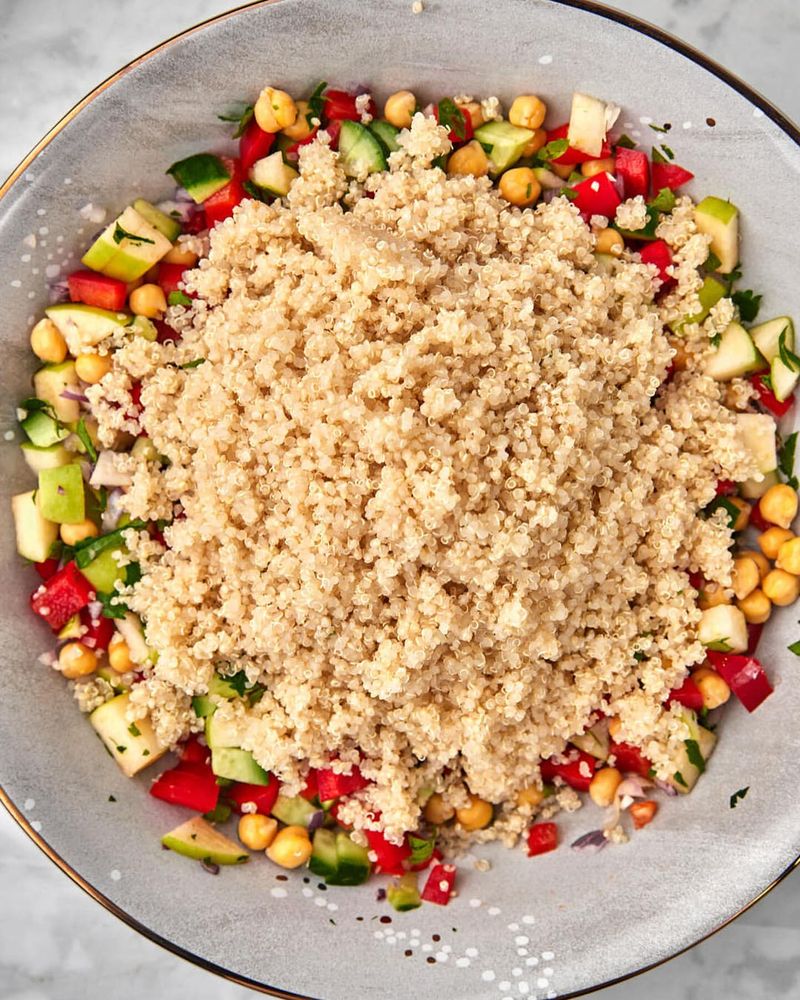
Quinoa, often called a superfood, contains more iron than beef. It’s a complete protein, meaning it provides all essential amino acids. This makes it an excellent choice for vegetarians and vegans. Quinoa is versatile and can be used in salads, soups, or as a side dish. Its mild, nutty flavor complements a variety of ingredients. Packed with fiber, it supports digestive health and helps keep you full longer. Quinoa is also rich in antioxidants, which protect your body from free radicals. Try substituting it for rice or pasta in your favorite recipes.
4. Lentils
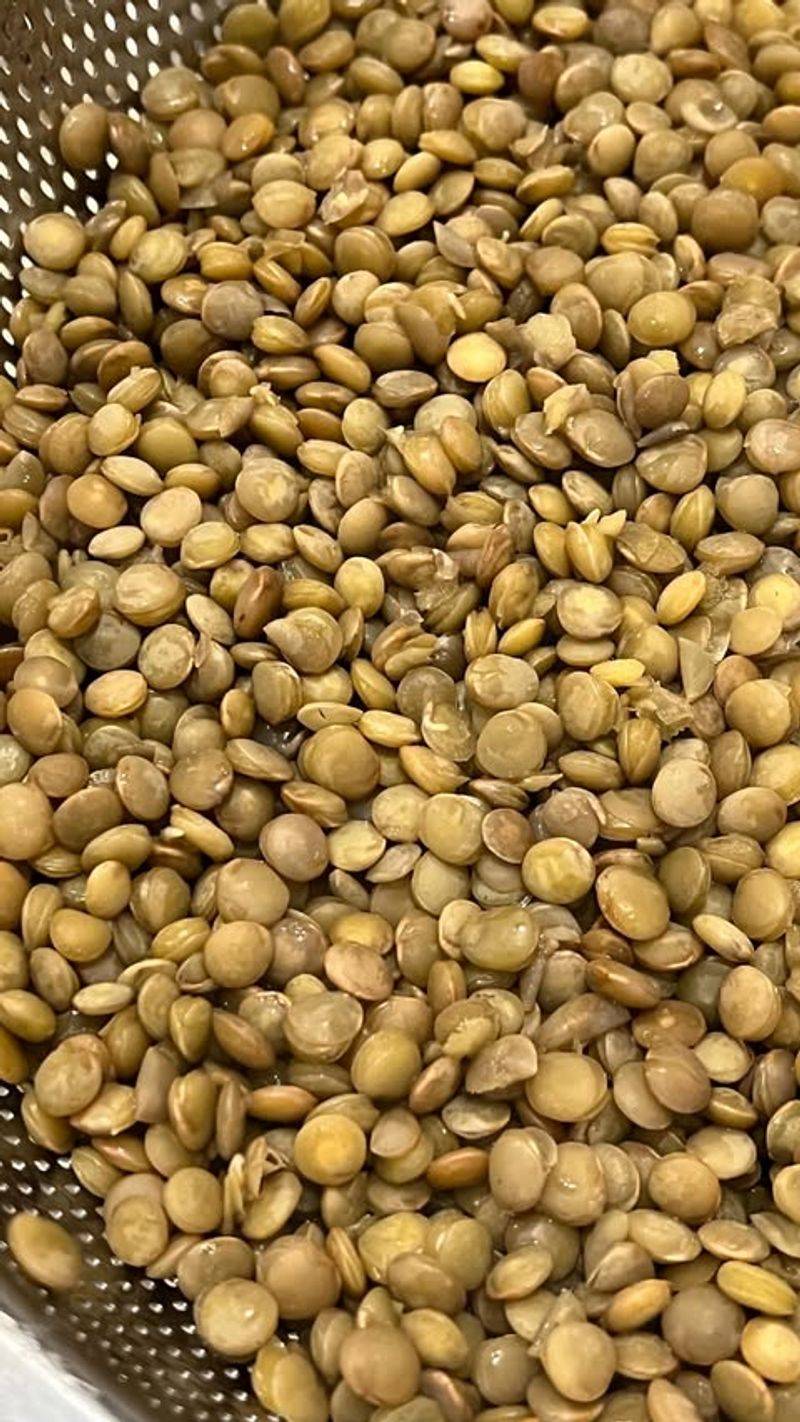
Lentils are a powerhouse of nutrients, offering more iron than beef. They’re an affordable protein source and come in various colors, including green, brown, and red. Lentils are quick to cook and incredibly versatile. Use them in soups, stews, or salads for a healthy meal. These legumes are rich in fiber, promoting healthy digestion and keeping you satisfied. They also provide essential vitamins and minerals, including folate and potassium. Lentils are excellent for heart health and may lower cholesterol levels. Incorporate lentils into your diet for a nutritious and delicious boost.
5. Tofu

Tofu, made from soybeans, is a fantastic iron-rich food, surpassing beef in content. It’s a staple in vegetarian and vegan diets due to its high protein content. Tofu is incredibly versatile and can be grilled, baked, or stir-fried. Its neutral flavor absorbs the spices and sauces you cook it with, making it adaptable to various cuisines. Tofu also contains calcium and iron, supporting bone health and preventing anemia. It’s low in calories yet filling, aiding in weight management. Experiment with tofu in smoothies or desserts for a protein-packed treat.
6. Chickpeas
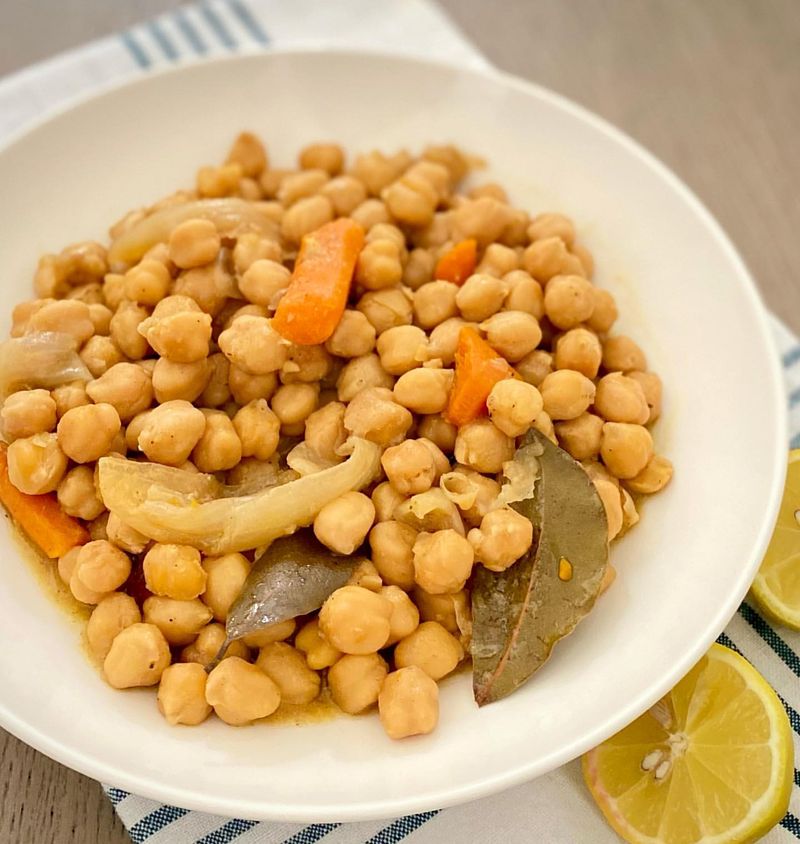
Chickpeas, known for their creamy texture and nutty flavor, offer more iron than beef. They’re a popular legume in many cuisines and can be roasted, boiled, or mashed. Chickpeas are rich in protein and fiber, supporting muscle growth and digestive health. They also contain folate, manganese, and other essential nutrients. Incorporate chickpeas into salads, soups, or make a classic hummus dip. Their versatility makes them an excellent meat substitute in various dishes. They’re also beneficial for heart health and may help lower cholesterol levels. Enjoy chickpeas for a nutritious and satisfying meal.
7. Dark Chocolate
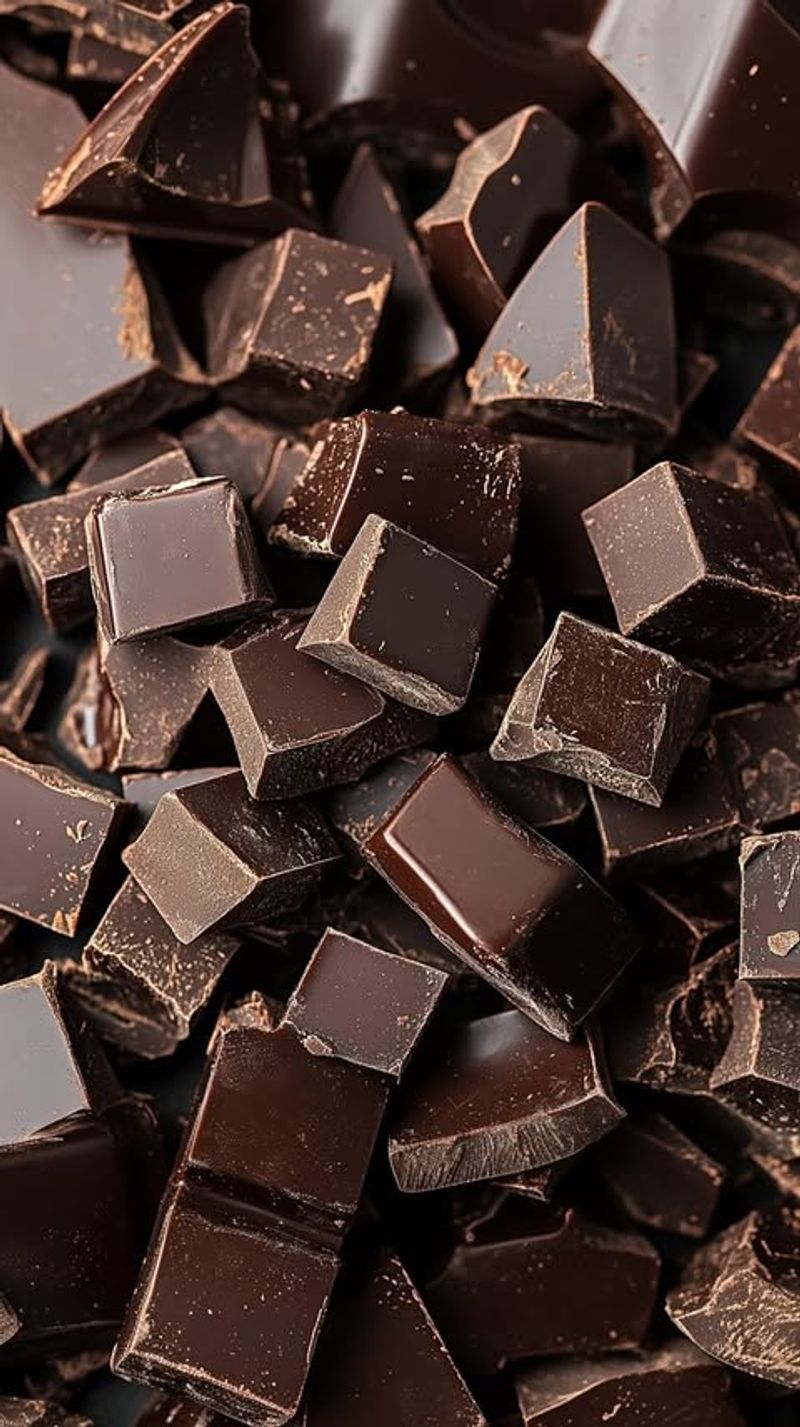
Dark chocolate is a delightful treat that’s surprisingly high in iron, more so than beef. It’s also loaded with antioxidants, which fight free radicals and promote heart health. Consuming dark chocolate in moderation can enhance mood and cognitive function. Opt for chocolate with at least 70% cocoa content for maximum benefits. Enjoy a few squares as a dessert or melt it into a fondue for a rich experience. Pair it with fruits like strawberries or bananas for a healthy and indulgent treat. Dark chocolate is not only delicious but also beneficial for your health.
8. Cashews
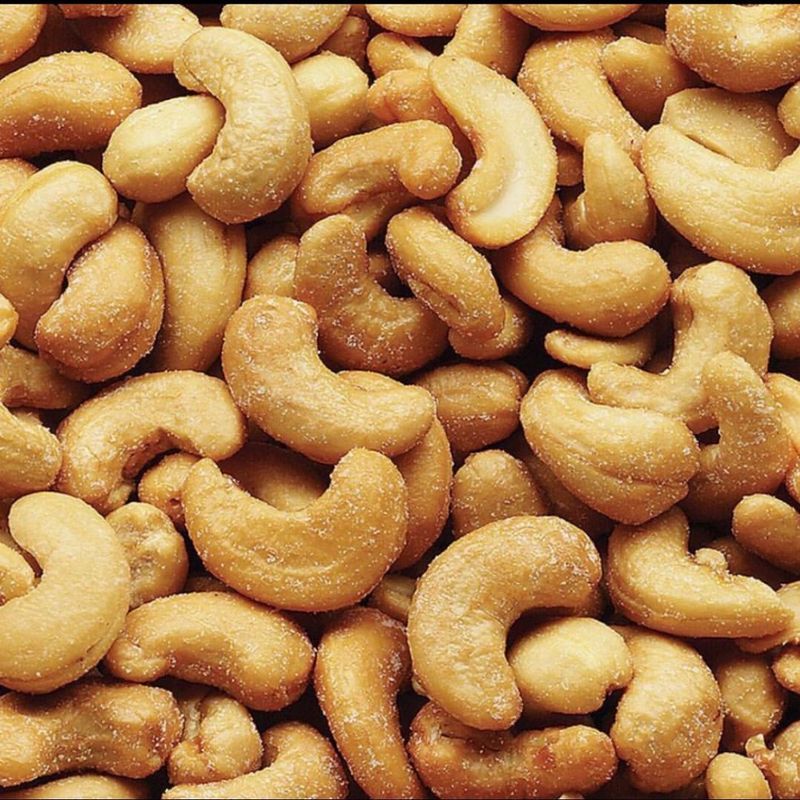
Cashews are a delicious nut packed with iron, more so than beef. They’re also rich in healthy fats and provide a substantial amount of protein. Cashews are versatile and can be eaten raw, roasted, or blended into creamy sauces. They’re excellent for heart health, as they contain unsaturated fats that help reduce cholesterol levels. Cashews also provide copper and magnesium, supporting bone and immune health. Add them to salads, stir-fries, or enjoy them as a snack. Their creamy texture and mild flavor make them a favorite among nut enthusiasts. Cashews are both nutritious and delicious.
9. Amaranth
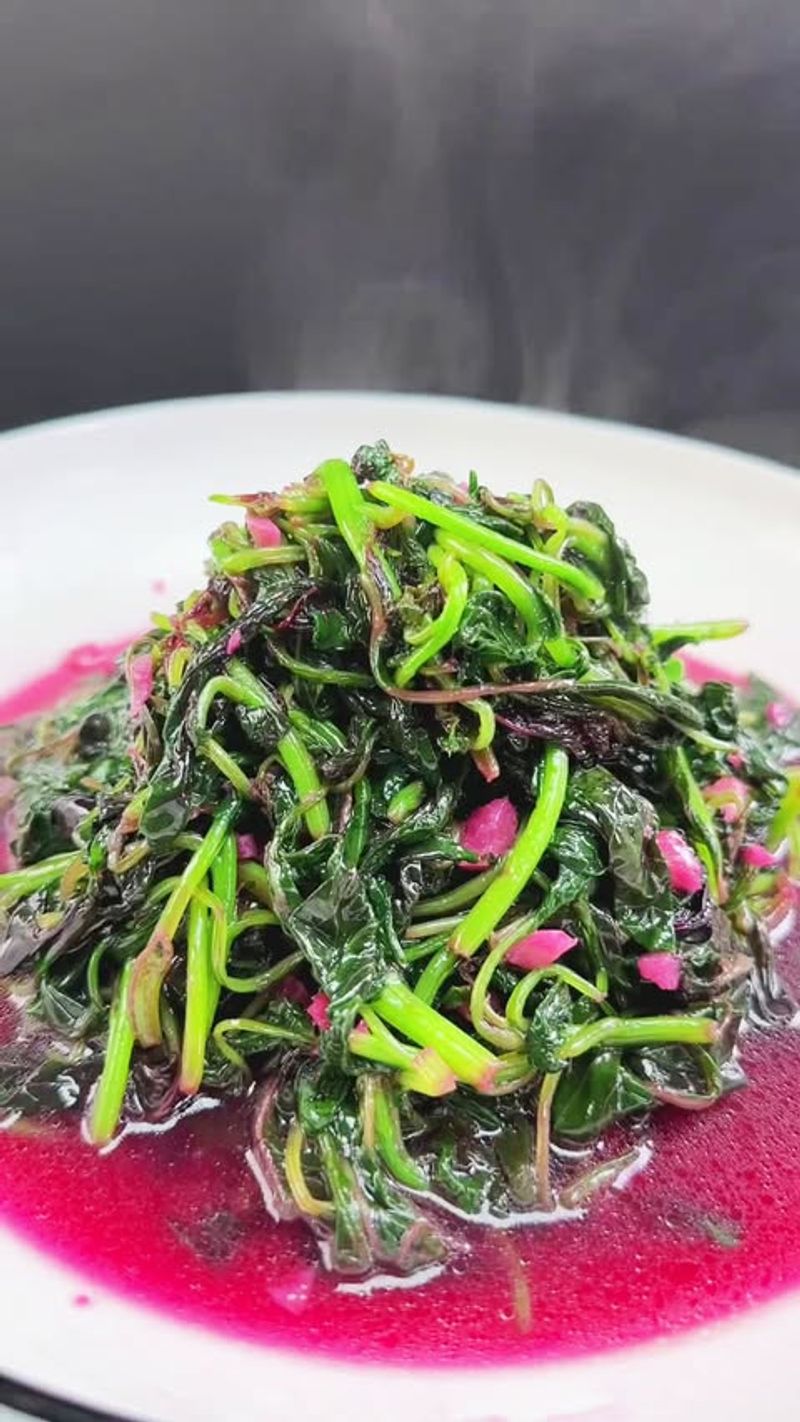
Amaranth is an ancient grain known for its impressive iron content, surpassing that of beef. It’s a complete protein, making it a valuable addition to vegetarian and vegan diets. Amaranth is gluten-free and can be used in porridge, salads, or as a side dish. Rich in fiber, it aids digestion and helps maintain a healthy weight. Amaranth also contains vitamins and minerals like calcium and magnesium, promoting bone health. Its nutty flavor complements both sweet and savory dishes. Experiment with amaranth in your breakfast bowls or as a thickener in soups for added nutrition.
10. Swiss Chard
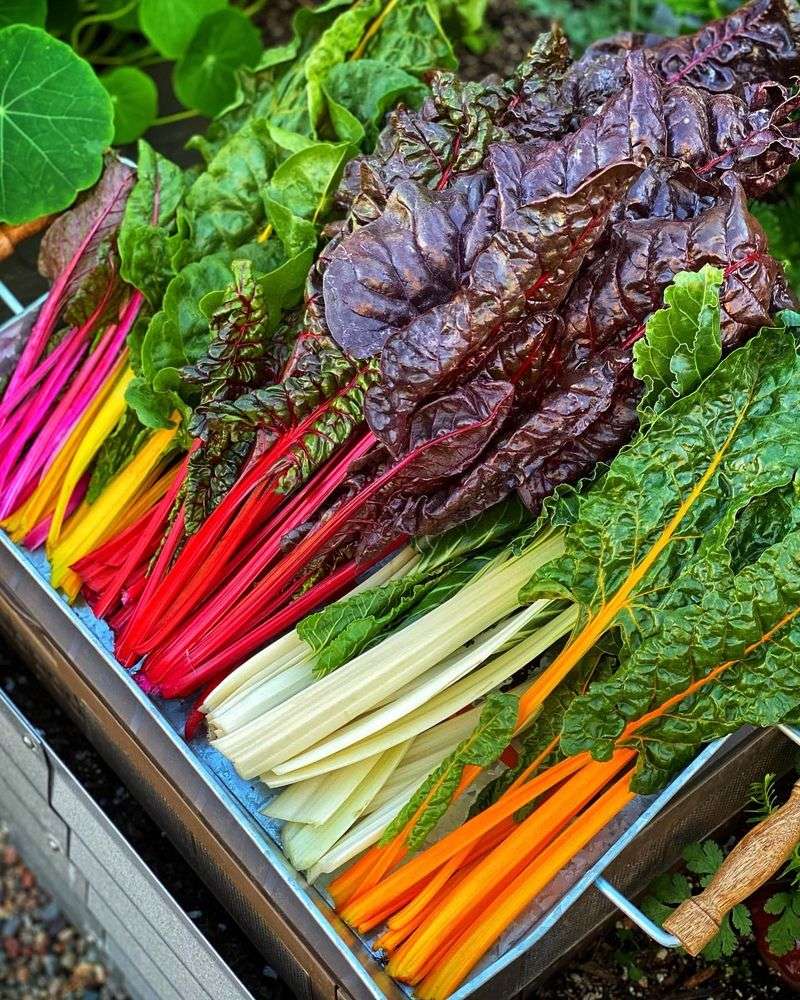
Swiss chard is a leafy green vegetable that offers more iron than beef. It’s not only rich in iron but also vitamins A, C, and K. Swiss chard is known for its antioxidant properties, which help combat inflammation and support heart health. Its slightly bitter taste pairs well with garlic and lemon in sautés and salads. Swiss chard is low in calories but high in essential nutrients, making it a great addition to any diet. Use it in wraps, soups, or quiches for an extra nutrient boost. Swiss chard is both nutritious and versatile.
11. Blackstrap Molasses
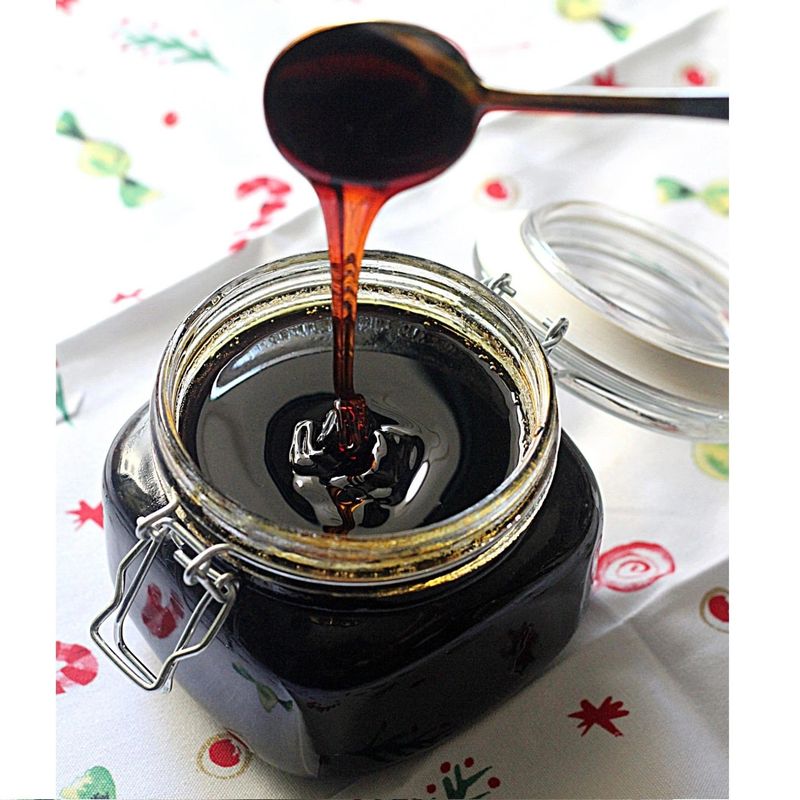
Blackstrap molasses is a sweet syrup that’s incredibly rich in iron, even more so than beef. It’s a byproduct of sugar production and contains essential minerals like calcium and magnesium. Blackstrap molasses is often used as a natural sweetener in baking or cooking, adding a rich flavor to dishes. Its high iron content makes it beneficial for those with anemia or iron deficiencies. Incorporate it into marinades, oatmeal, or smoothies for a nutrient boost. Its unique taste enhances both sweet and savory recipes. Blackstrap molasses is a versatile ingredient with plenty of nutritional benefits.
12. Oysters
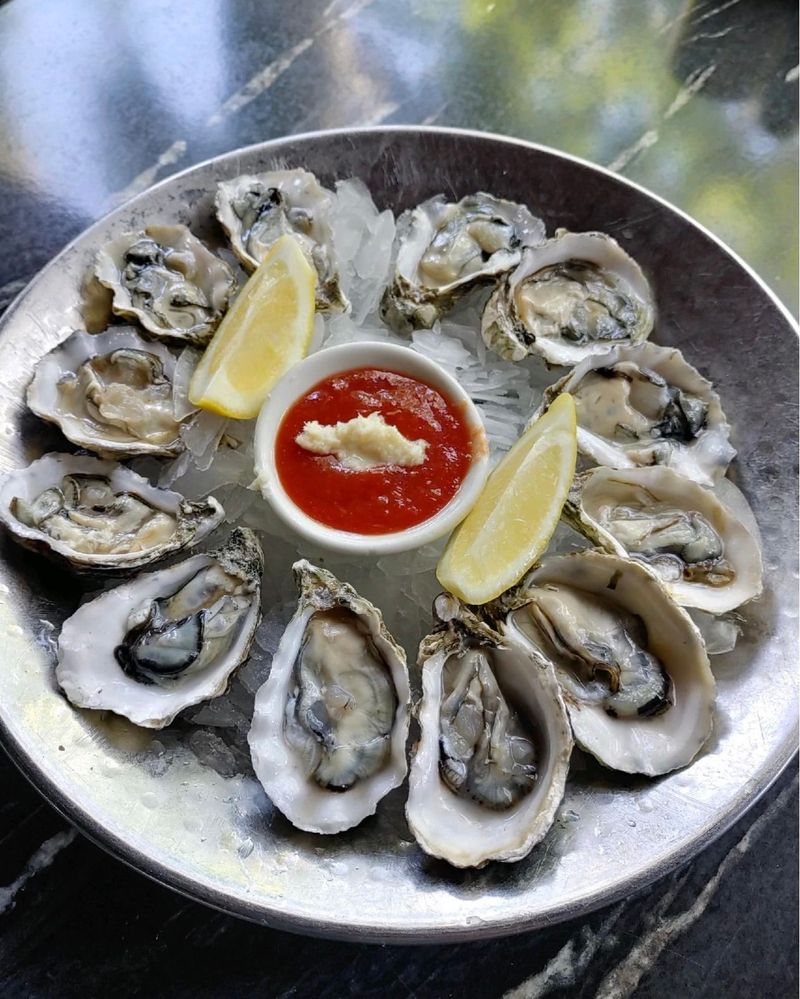
Oysters are a seafood delicacy packed with iron, surpassing beef in content. They’re also rich in zinc, which boosts the immune system and supports skin health. Oysters are typically enjoyed raw with a squeeze of lemon or hot sauce. They’re low in calories yet high in protein, making them a healthy choice for seafood lovers. Oysters also contain omega-3 fatty acids, which promote heart health and reduce inflammation. Enjoy them grilled, baked, or in stews for a flavorful experience. Oysters are not only delicious but also provide an impressive array of nutrients.
13. Kale
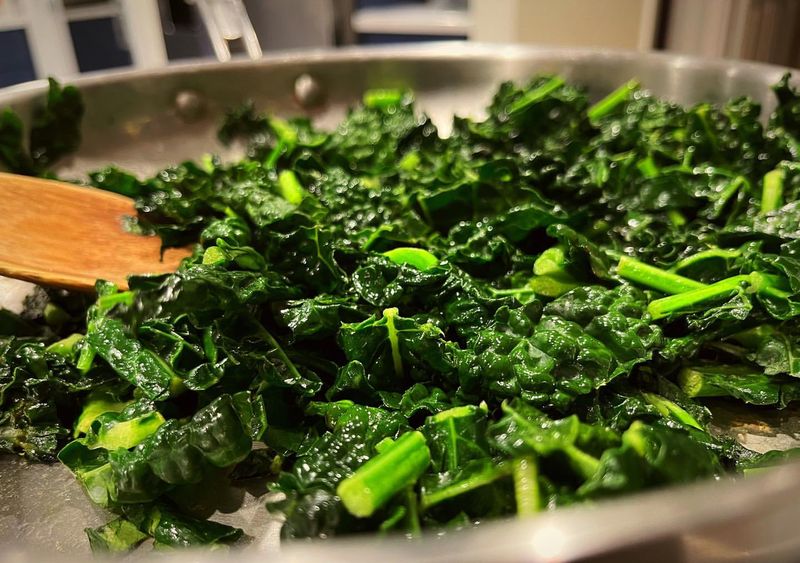
Kale is a highly nutritious leafy green that offers more iron than beef. It’s also rich in vitamins A, C, and K, as well as antioxidants. Kale is known for its cancer-fighting properties and ability to lower cholesterol levels. Incorporate kale into salads, smoothies, or soups for a health boost. Its slightly bitter taste pairs well with sweet and tangy dressings. Kale chips are a popular snack, offering a crunchy alternative to traditional chips. This versatile green is low in calories but high in nutrients, making it a must-have in your diet.
14. Soybeans
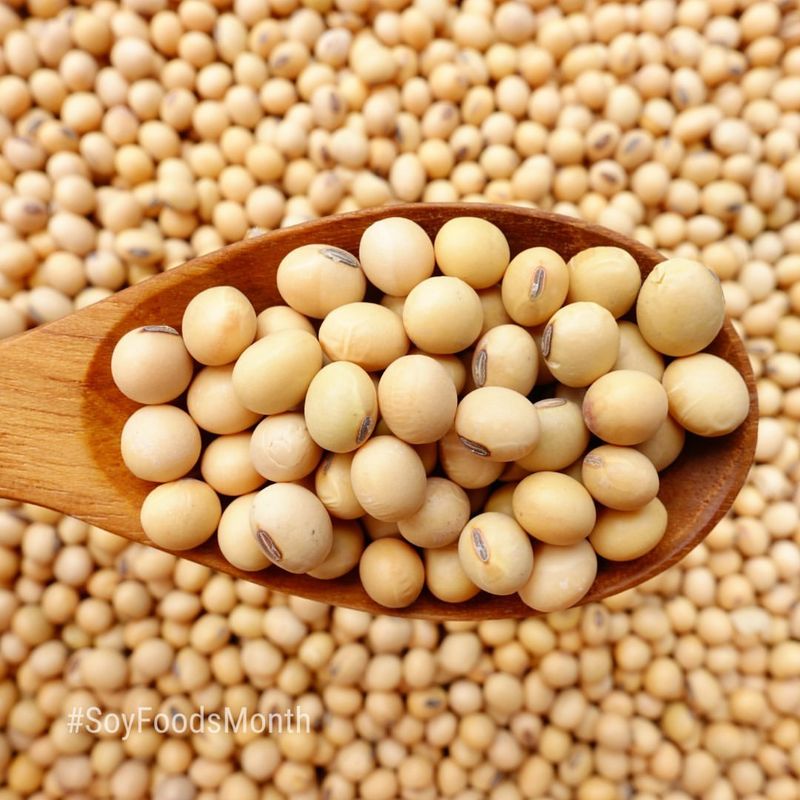
Soybeans are a legume that provides more iron than beef. They’re an excellent source of protein, making them a staple in vegetarian and vegan diets. Soybeans can be eaten whole, as edamame, or processed into tofu and tempeh. They’re rich in fiber, promoting digestive health and helping to manage weight. Soybeans also contain isoflavones, which may reduce the risk of certain cancers. Enjoy them in stir-fries, salads, or as a snack. Their mild flavor and versatility make them a popular choice for many dishes. Soybeans are both nutritious and satisfying.
15. Prunes
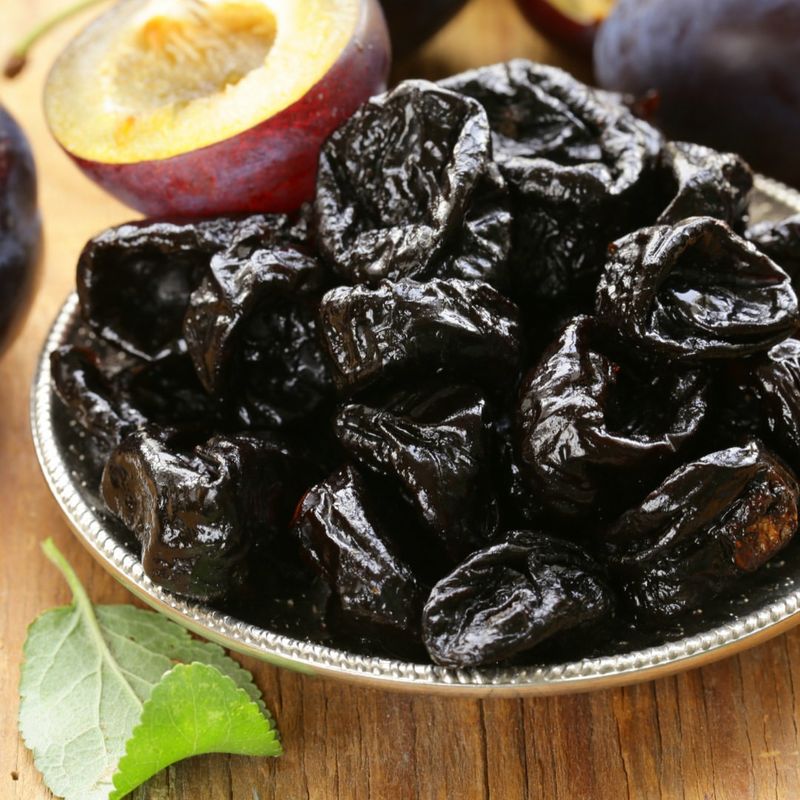
Prunes, also known as dried plums, are a sweet and chewy snack rich in iron, surpassing beef. They’re also known for their high fiber content, which aids digestion and prevents constipation. Prunes are packed with antioxidants, including vitamin K and beta-carotene, supporting bone health and reducing inflammation. Enjoy them as a snack or incorporate them into baked goods and savory dishes. Prunes can also be blended into smoothies or used as a natural sweetener in sauces. Their natural sweetness and chewy texture make them a delicious and nutritious addition to your diet.
16. Sunflower Seeds
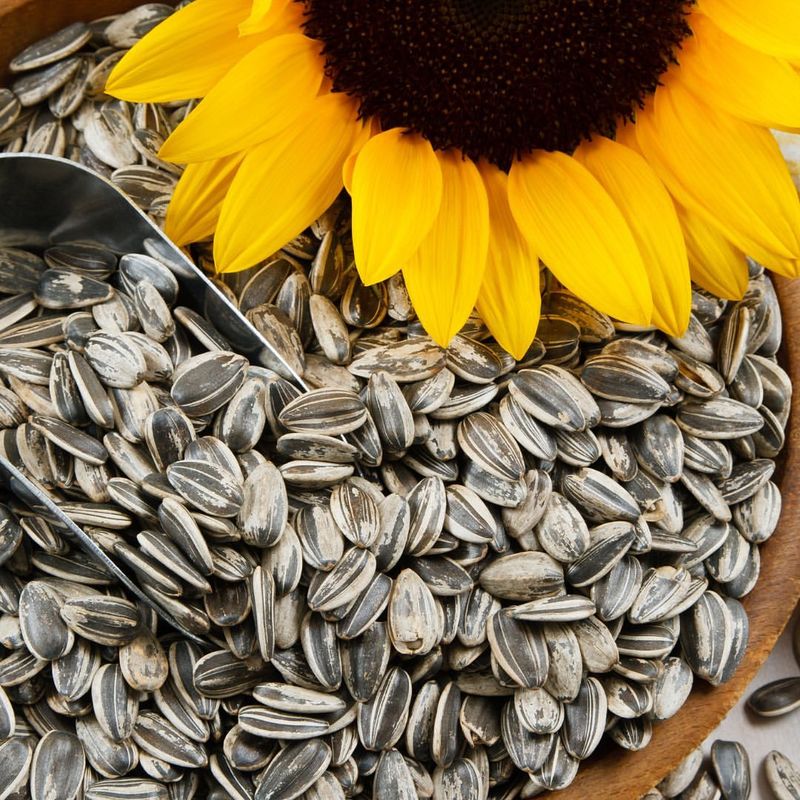
Sunflower seeds are a crunchy snack that offers more iron than beef. They’re also rich in healthy fats, protein, and fiber. Sunflower seeds are known for their high vitamin E content, which promotes skin health and acts as an antioxidant. Enjoy them as a snack, sprinkled on salads, or mixed into granola. They’re also a great addition to baked goods, adding a nutty flavor and texture. Sunflower seeds are beneficial for heart health, as they contain phytosterols that help lower cholesterol levels. Incorporate them into your diet for a nutritious and tasty treat.
17. Clams
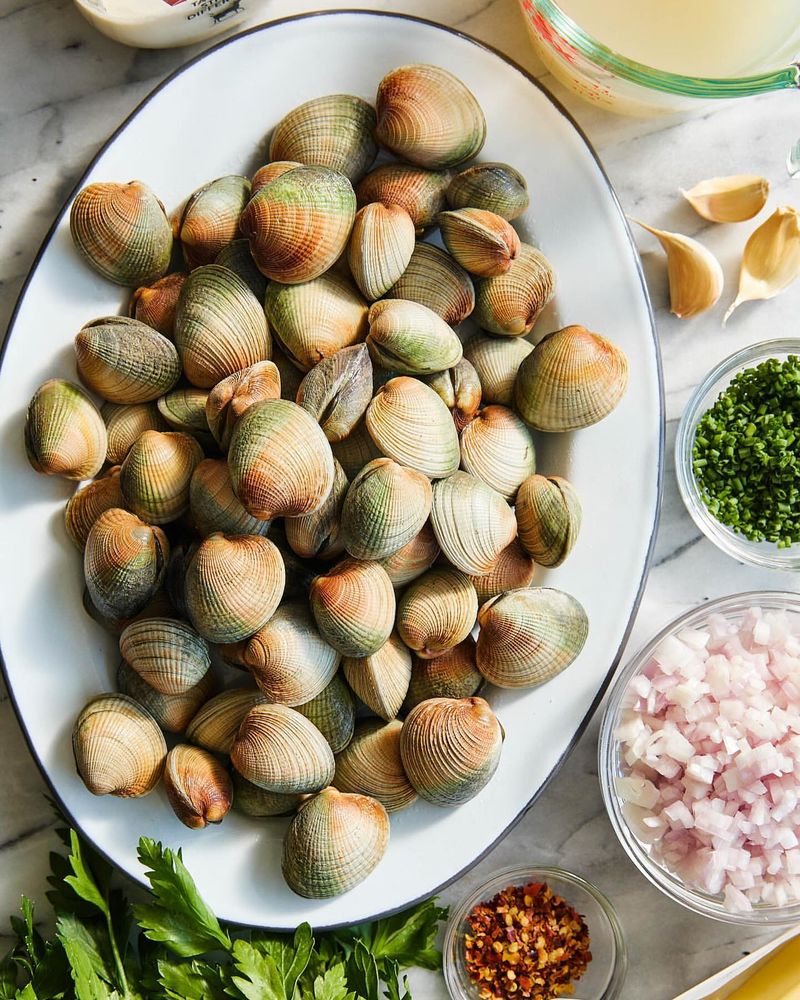
Clams are a seafood choice that’s rich in iron, providing more than beef. They’re also an excellent source of protein and vitamin B12, supporting energy and red blood cell production. Clams are typically enjoyed steamed, grilled, or in hearty chowders. They’re low in fat and calories, making them a healthy seafood option. Clams also contain omega-3 fatty acids and selenium, promoting heart health and reducing inflammation. Their sweet and briny flavor enhances a variety of dishes. Include clams in your diet for a boost of essential nutrients and delicious taste.
18. White Beans
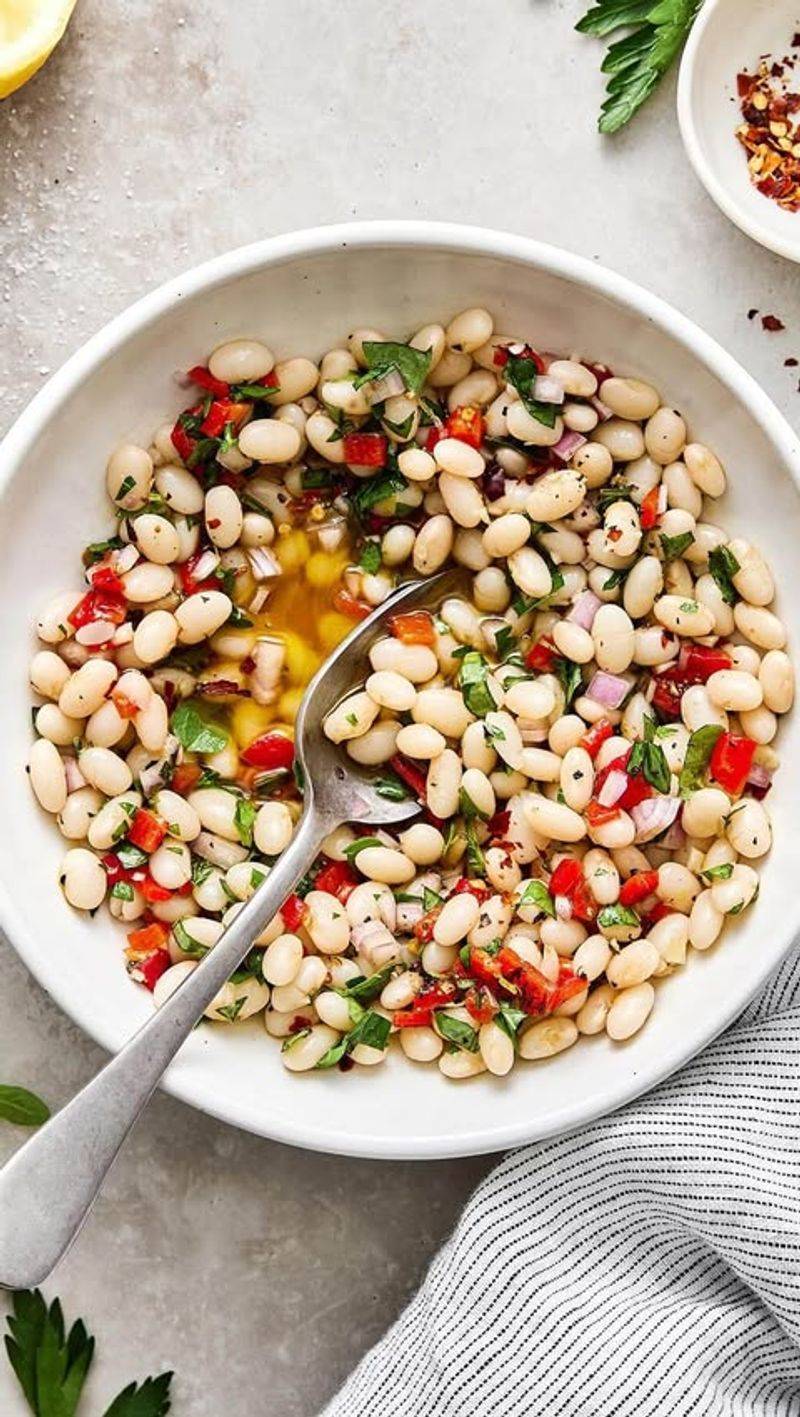
White beans, such as cannellini or navy beans, are an excellent source of iron, surpassing beef. They’re also rich in fiber and protein, promoting digestive health and muscle growth. White beans are versatile and can be used in soups, stews, or salads. They have a mild, creamy flavor that complements various ingredients. White beans are also beneficial for heart health, as they help reduce cholesterol levels. Incorporate them into your favorite recipes for a nutritious and filling meal. Their versatility and nutrient content make them a valuable addition to any diet.
19. Spinach
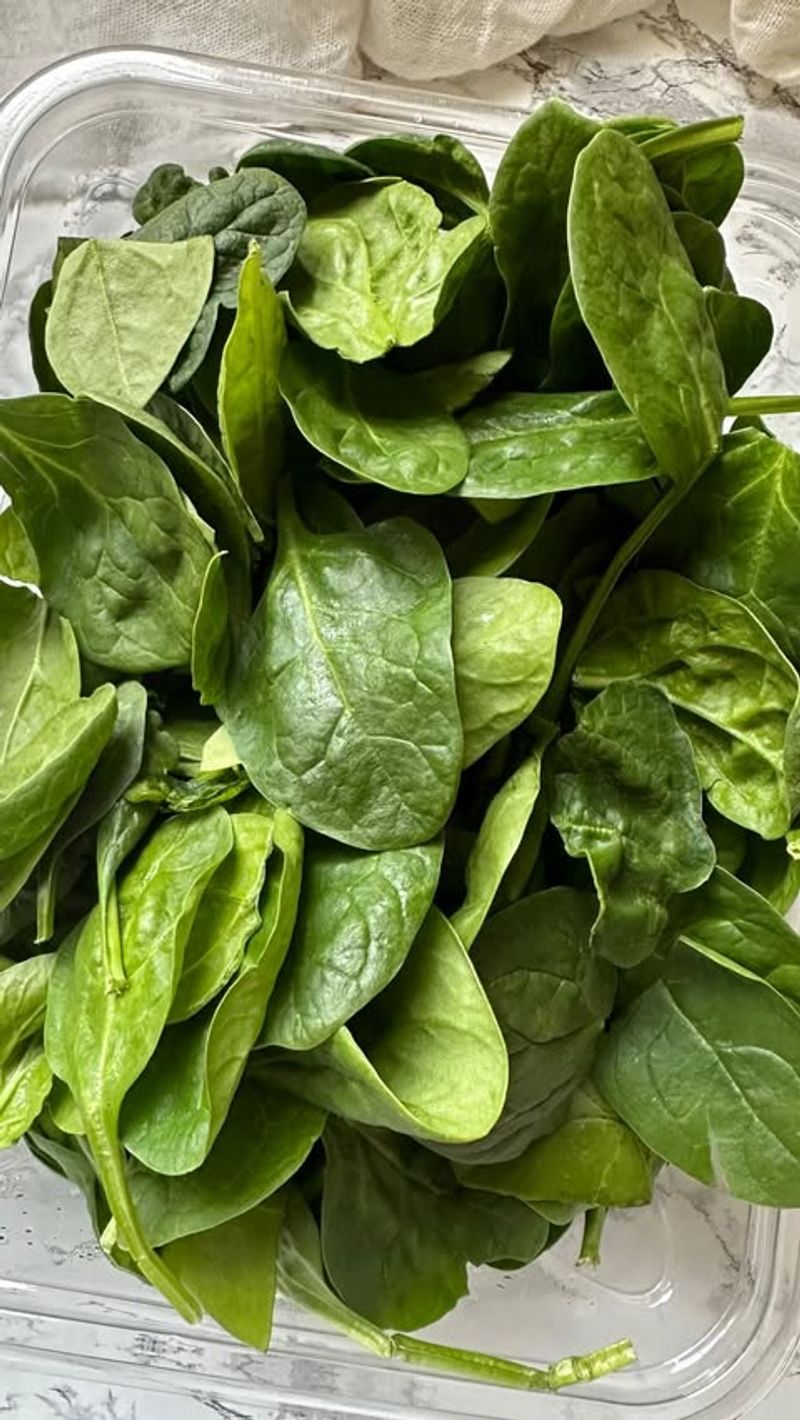
Spinach is a well-known leafy green that offers more iron than beef. It’s also rich in vitamins A, C, and K, as well as antioxidants that protect against oxidative stress. Spinach is low in calories but high in essential nutrients, making it a great choice for weight management. Enjoy spinach in salads, smoothies, or sautés for a nutritious boost. Its mild flavor pairs well with a variety of dishes, from pasta to omelets. Spinach’s impressive nutrient profile makes it a staple in healthy diets. Incorporate it into your meals for added health benefits.
20. Tahini
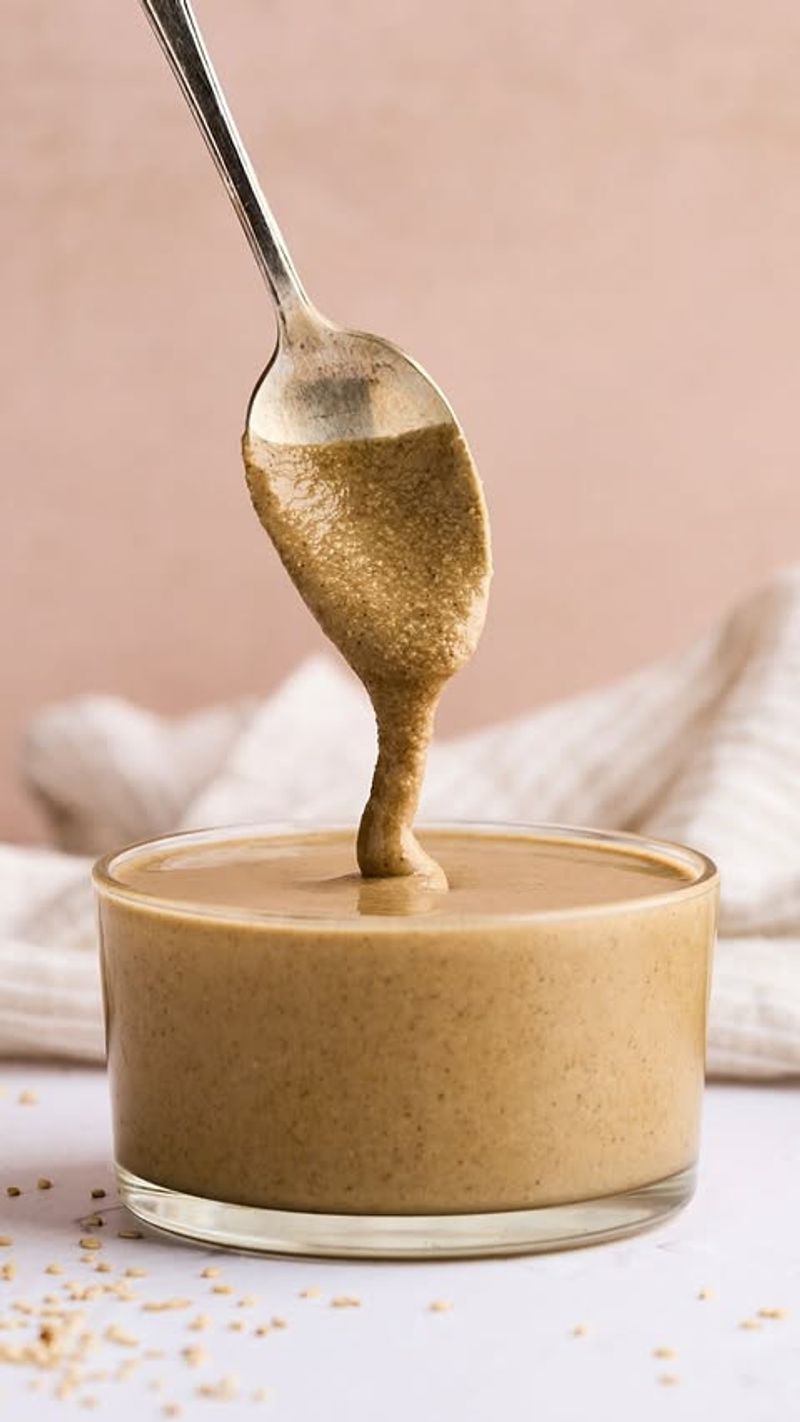
Tahini, a paste made from ground sesame seeds, is a rich source of iron, surpassing beef. It’s also packed with healthy fats and provides a creamy texture to dishes. Tahini is a key ingredient in hummus and can be used in salad dressings, sauces, or desserts. Its nutty flavor enhances both sweet and savory recipes. Tahini is also rich in calcium, magnesium, and other essential nutrients, supporting bone and heart health. Use it as a spread on toast or blend it into smoothies for a nutritious boost. Tahini’s versatility makes it a favorite in various cuisines.
